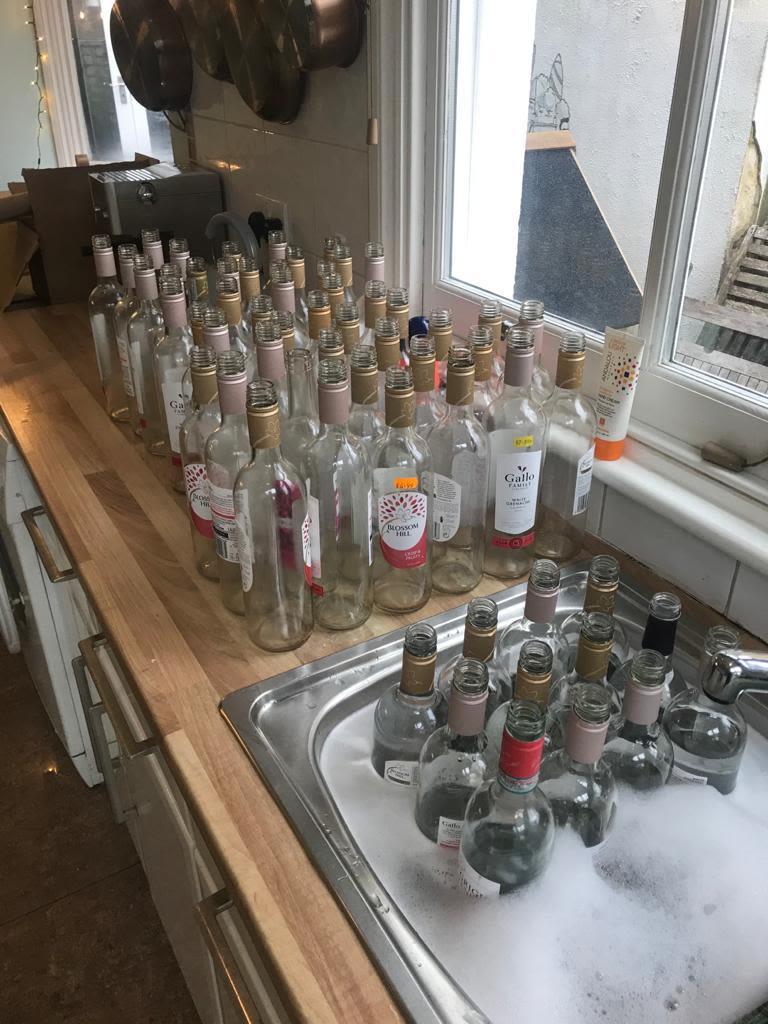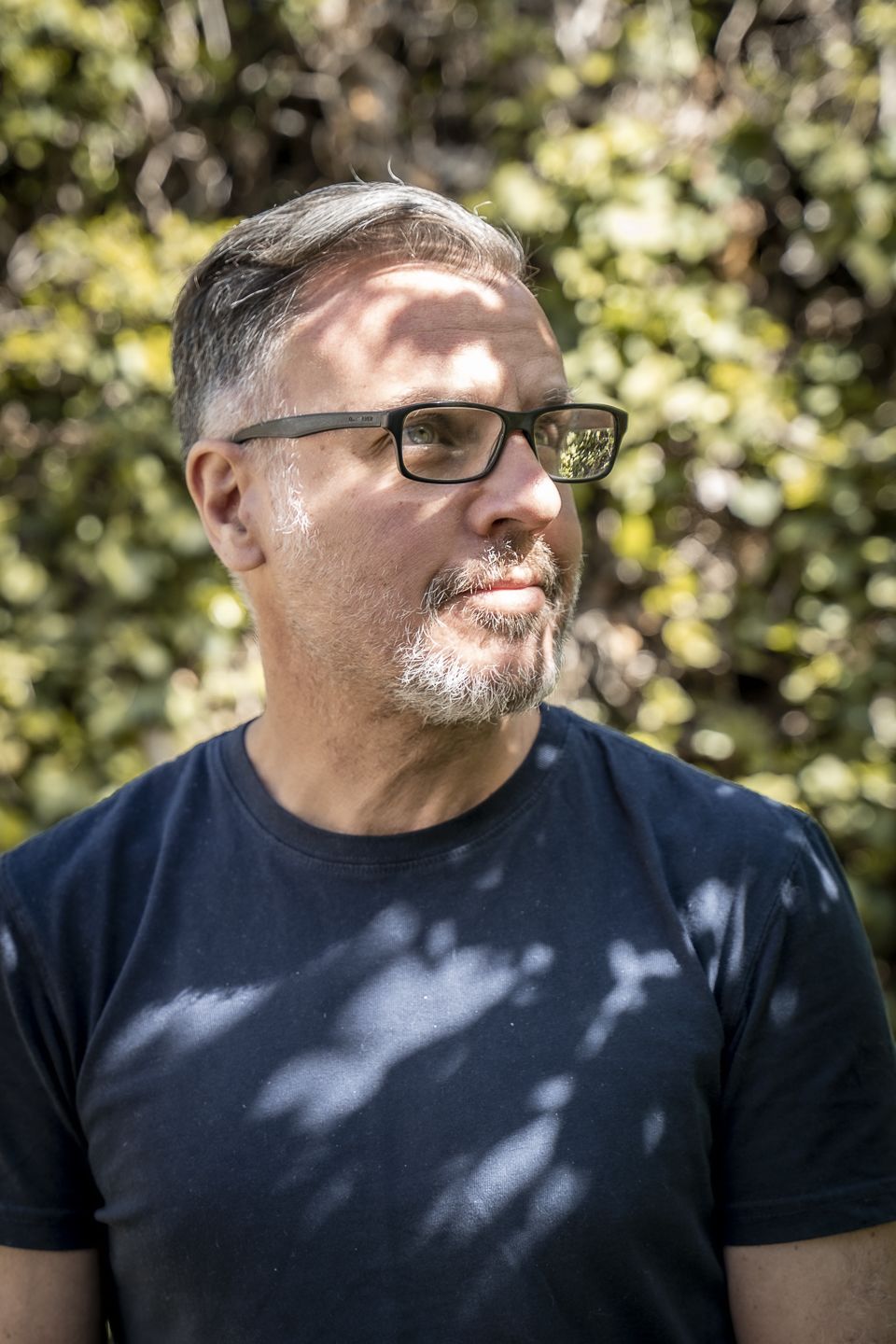Creative Start-Ups Bloom in the Silver Lining of Covid's Dark Cloud

Lockdown, furlough and death-by-freelance struck south London hard

But, in the wake of this destruction, fresh shoots are blooming
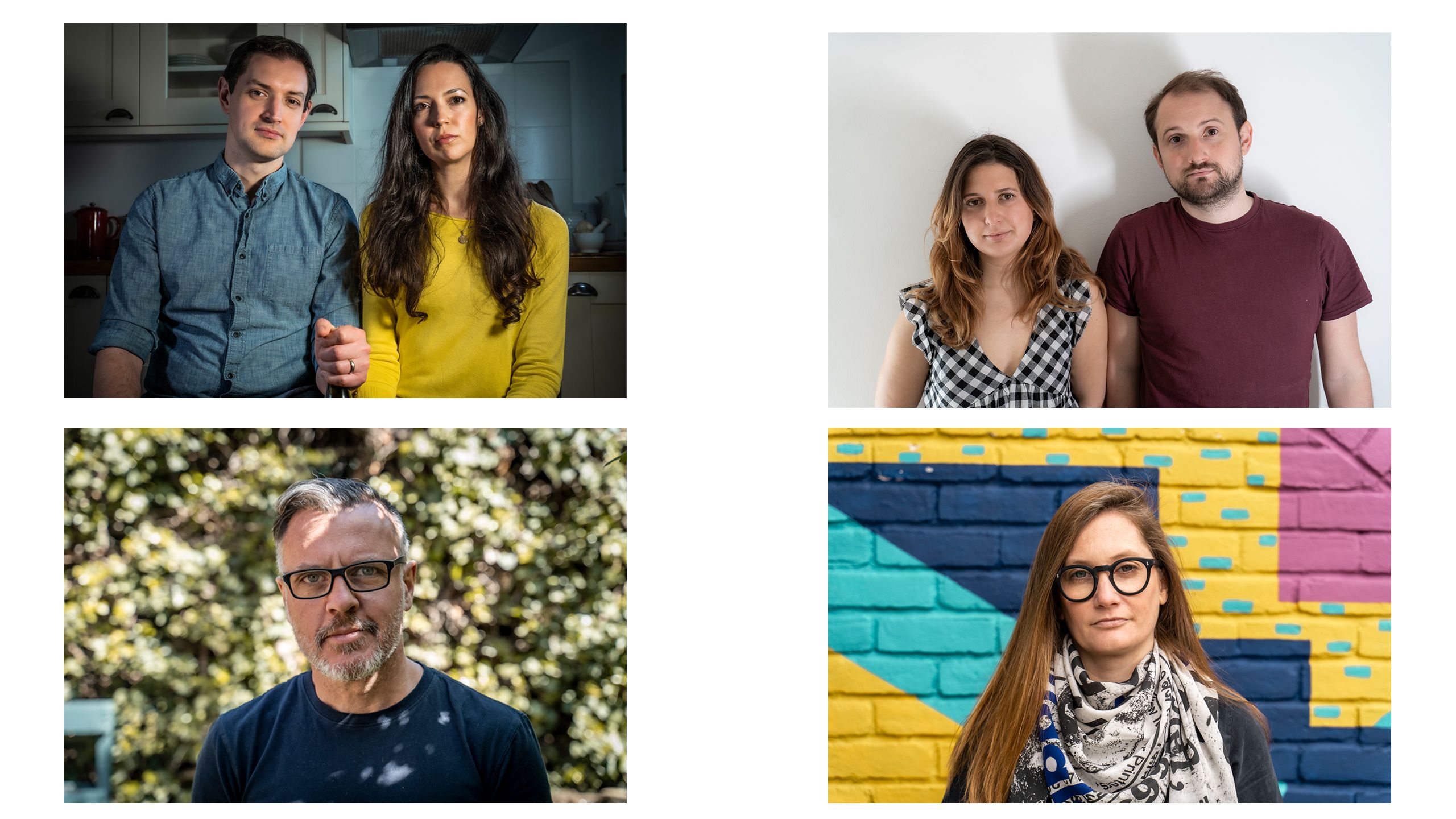
The Covid-19 pandemic is giving birth to an explosion of latent creative and entrepreneurial talent previously locked away by the demands and tribulations of modern life. For countless people, ideas and ambitions were going unrealised by a roll call of obstacles and excuses that the national lockdown surreptitiously removed, like some miraculous and unforeseen side effect of an aggressive medical treatment.
New businesses across the UK grew 13.25% between 2019 and 2020, to a total of 772,002 but in London the figure was 22% - with over 30 new businesses per 1,000 people. While the first half of 2020 saw a predictable blow to new business formation, from June onwards all regions of the UK saw a bump in the trend of continual growth in business start-ups - despite further lockdowns. And where 2020 saw a bump in entrepreneurship, 2021 is expected to see an explosion.
Here are the stories of a group south Londoners furloughed or staring into the unemployment abyss who have taken the bold step of launching a start-up business from home during lockdown.
“It’s a cold January afternoon
and
Charlie Darling has been found dead in his study.”

Rebecca and Matthew both worked in very Covid-vulnerable professions when the pandemic struck, being events and music respectively. Anxiety-inducing free time and a love of tatty old Victorian murder mystery games combined to give birth to their start-up Moon Rising Mysteries on Halloween some months later.
“The first time we played this murder mystery game that we found in a charity shop, we played it quite ironically. We were at that age,” said Matthew, 32 - as is Rebecca. “But then you play a few of them, dressing up and getting into character, and you’re like - well, we’re not really doing this ironically anymore, are we?”
Moon Rising Mysteries is intended to be played during a dinner party, with each chapter of the mystery corresponding to a course of the dinner, starting with reception drinks. Each person is given a character to get into and a script to work from and some evidence that they put forward. New evidence comes to light every round and the story progresses to an appropriate climax.
Why had they not done it sooner? “You’ve always got some impending deadline that’s more important than anything else,” Rebecca explained. Matthew added: “I'm a musician. If you had asked us this time last year, we never in a million years would have imagined that we would be running a successful murder mystery business".
While the global pandemic was disarming them of their livelihoods with one hand, with the other it was giving them the freedom and opportunity to pursue a dream that had previously seemed so far out of reach that they had not even been aware they harboured it.
Rebecca and Matthew carefully hand-craft each physical copy of the game - there is a digital version but they favour the personal touch - and as the orders ratcheted up their flat was taken over by boxes and instructions and evidence and it became a little paper mill at times. Sleep and orderliness were sacrificed at the altar of their burgeoning business. “We lucked out, in a way,” said Rebecca, “because boardgames became the second most popular thing on Etsy over Christmas.”
Eventually, it is presumed, the world will return to normal and their careers will get back on track. But they are already working on a new murder mystery.
Matthew said: “Even if we stopped in six months time, which I don’t think we will, we will always be able to say that from this year of Covid, we managed to create this fun little company from out of no where. So that’s probably what we’ll take from this year.”
https://www.moonrisingmysteries.com/
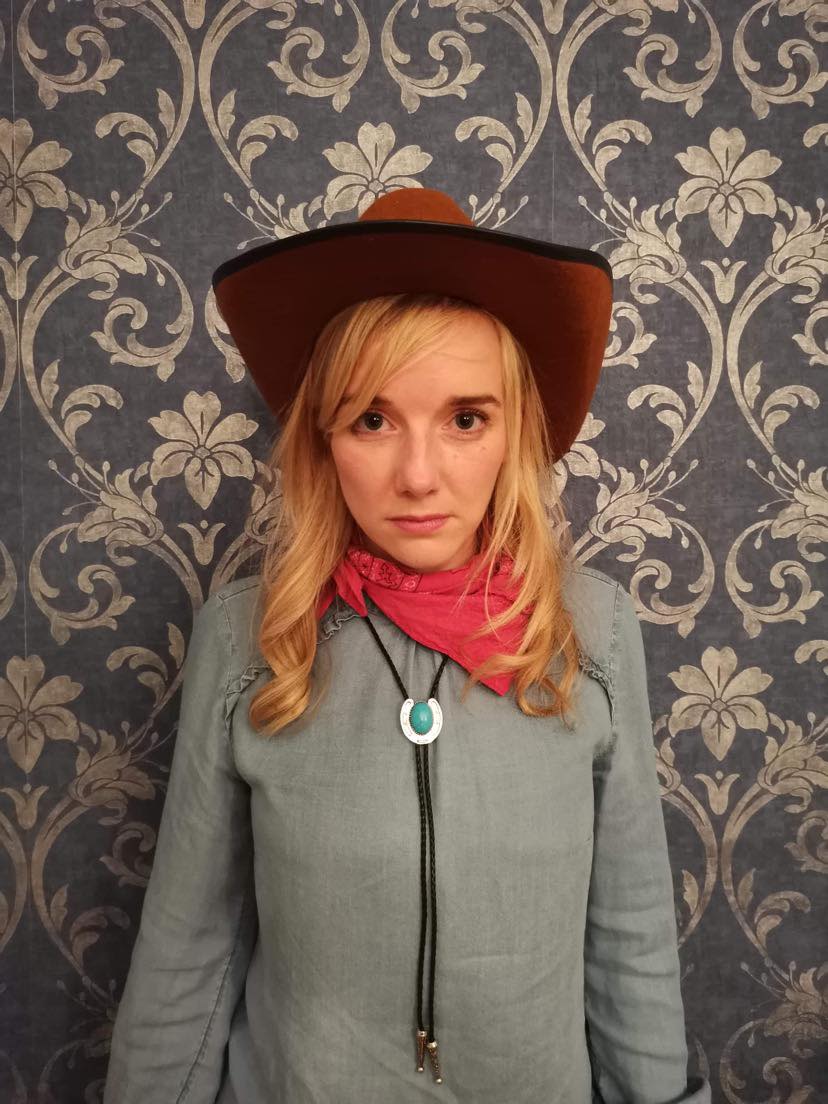
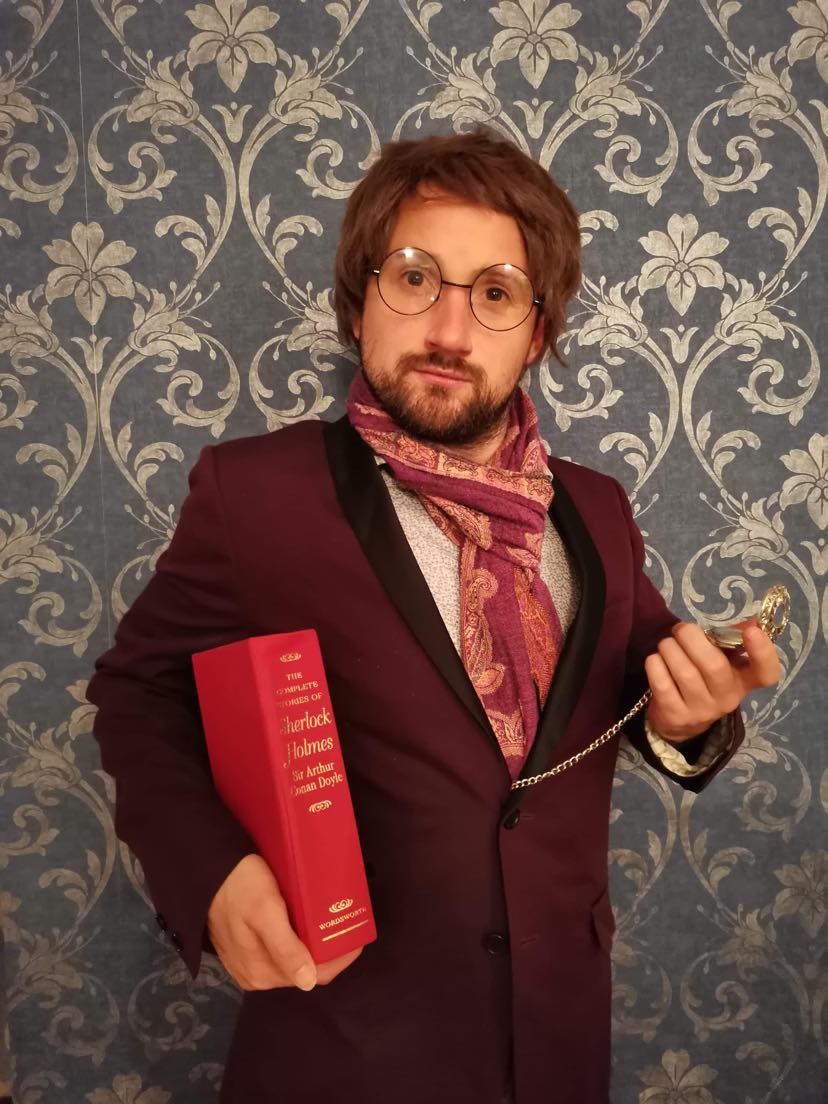
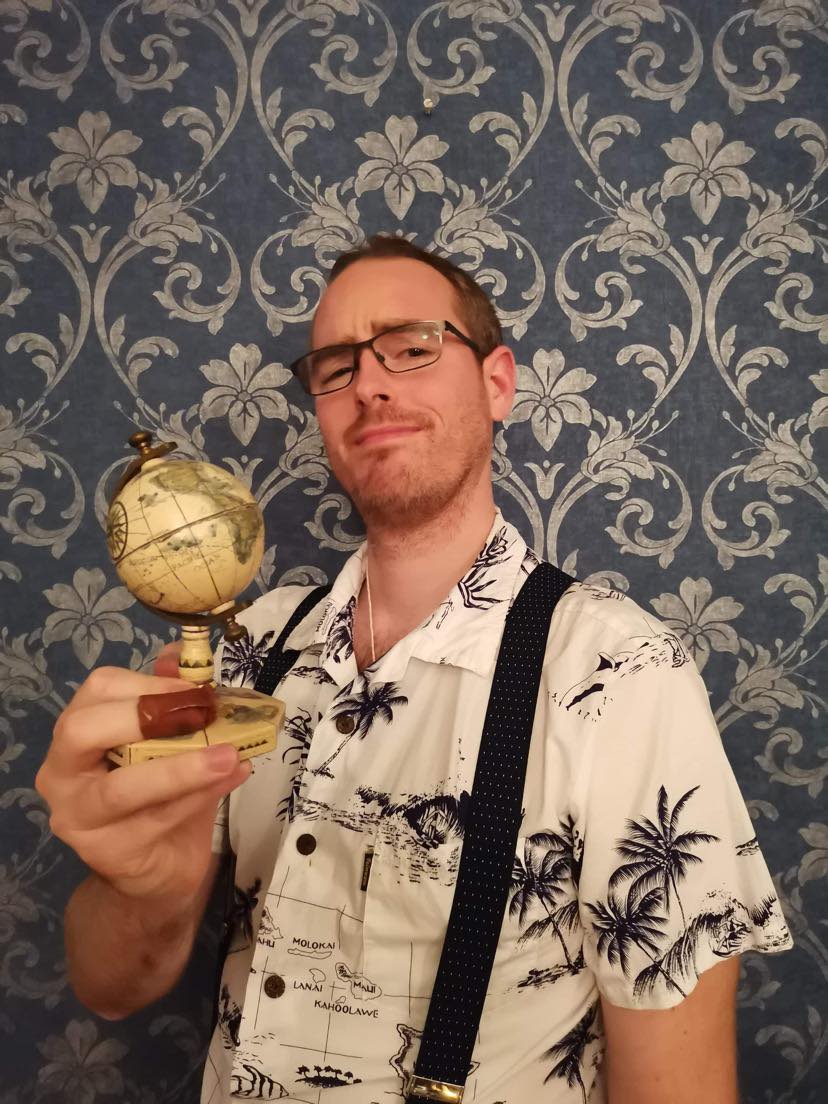
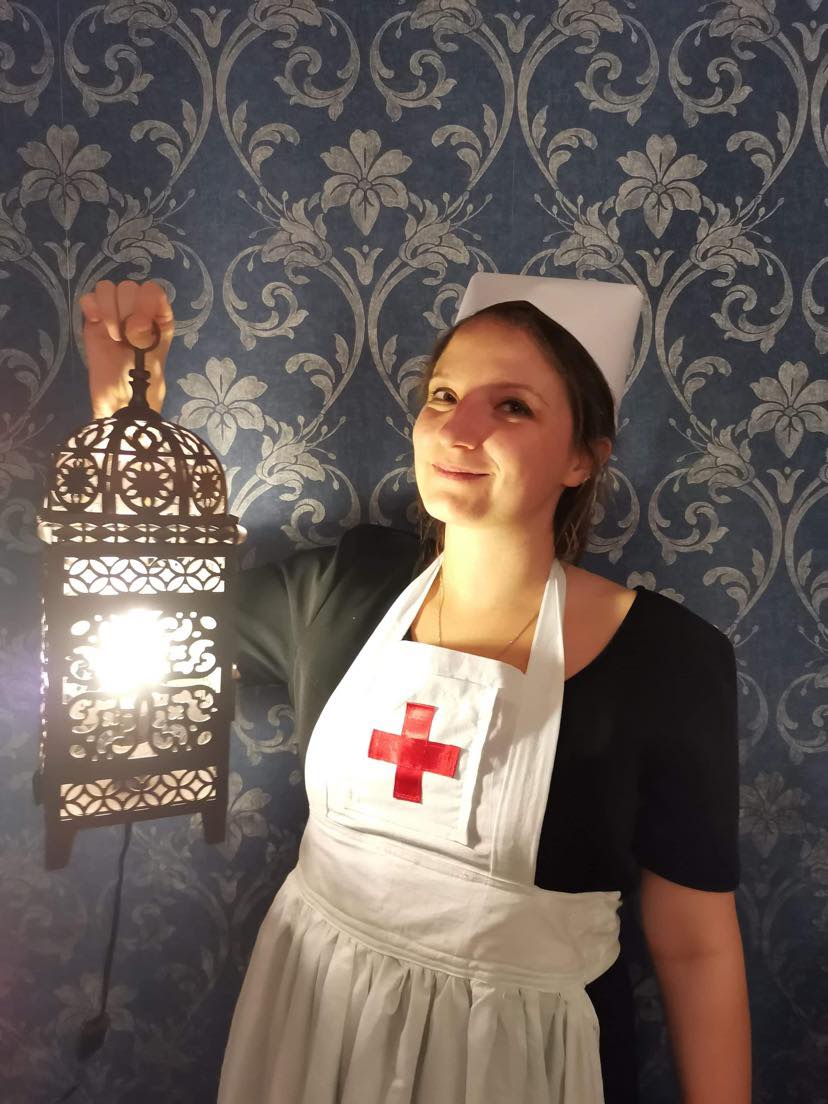
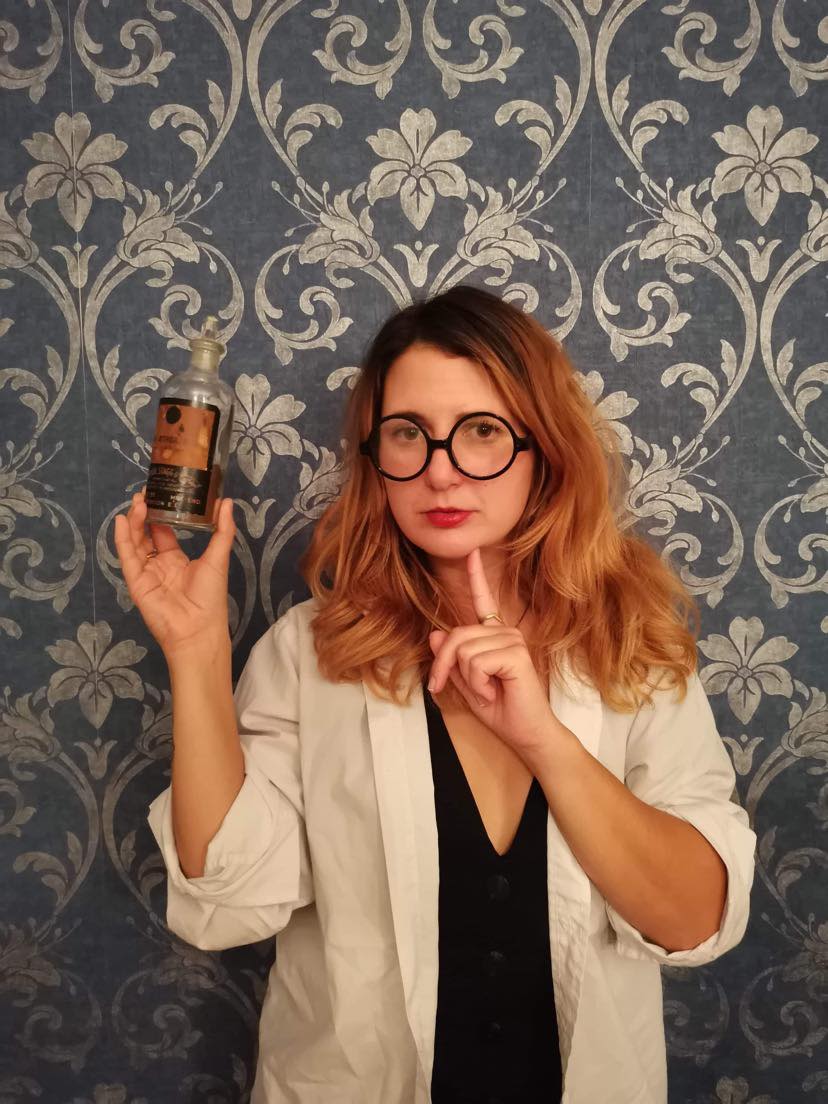
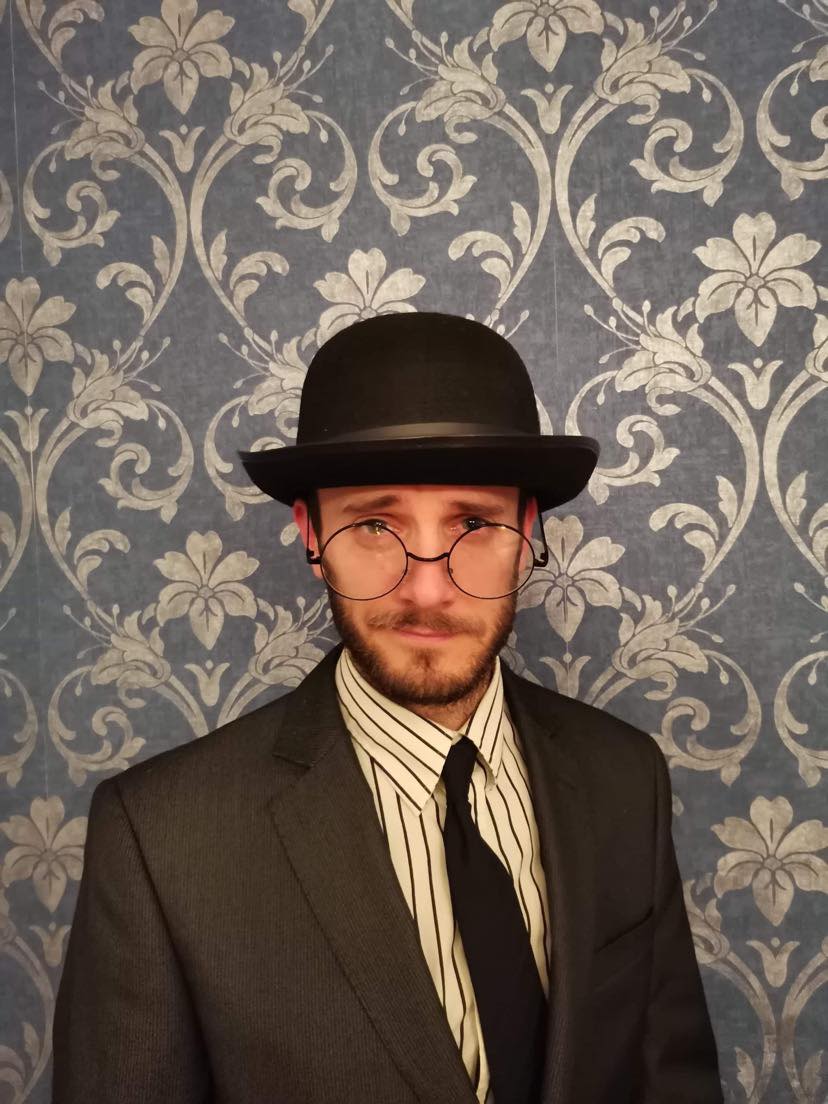
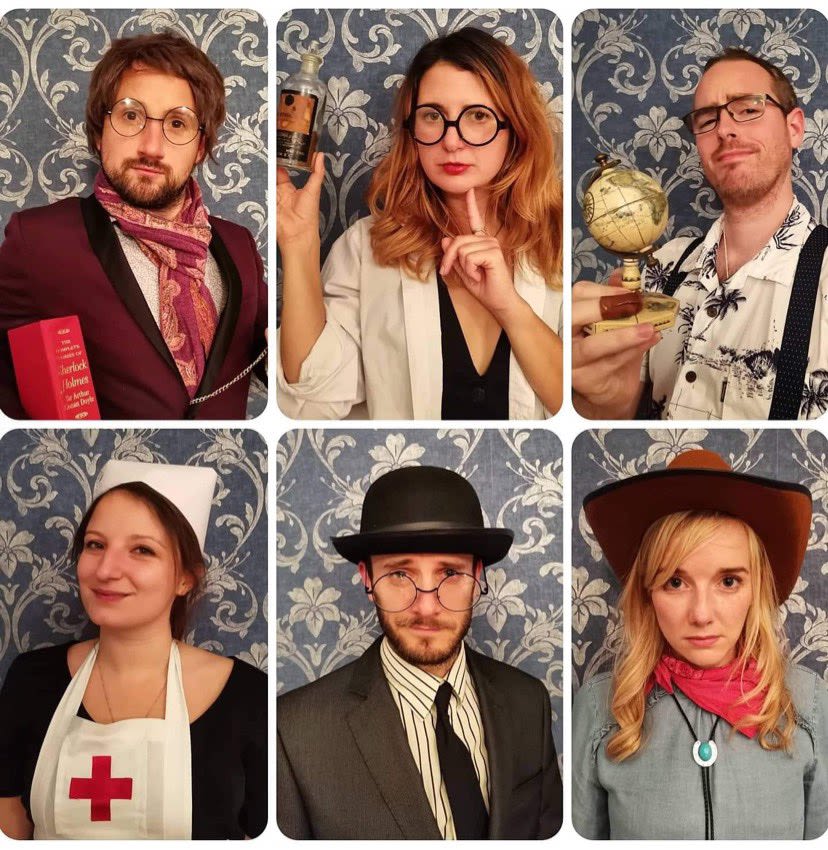
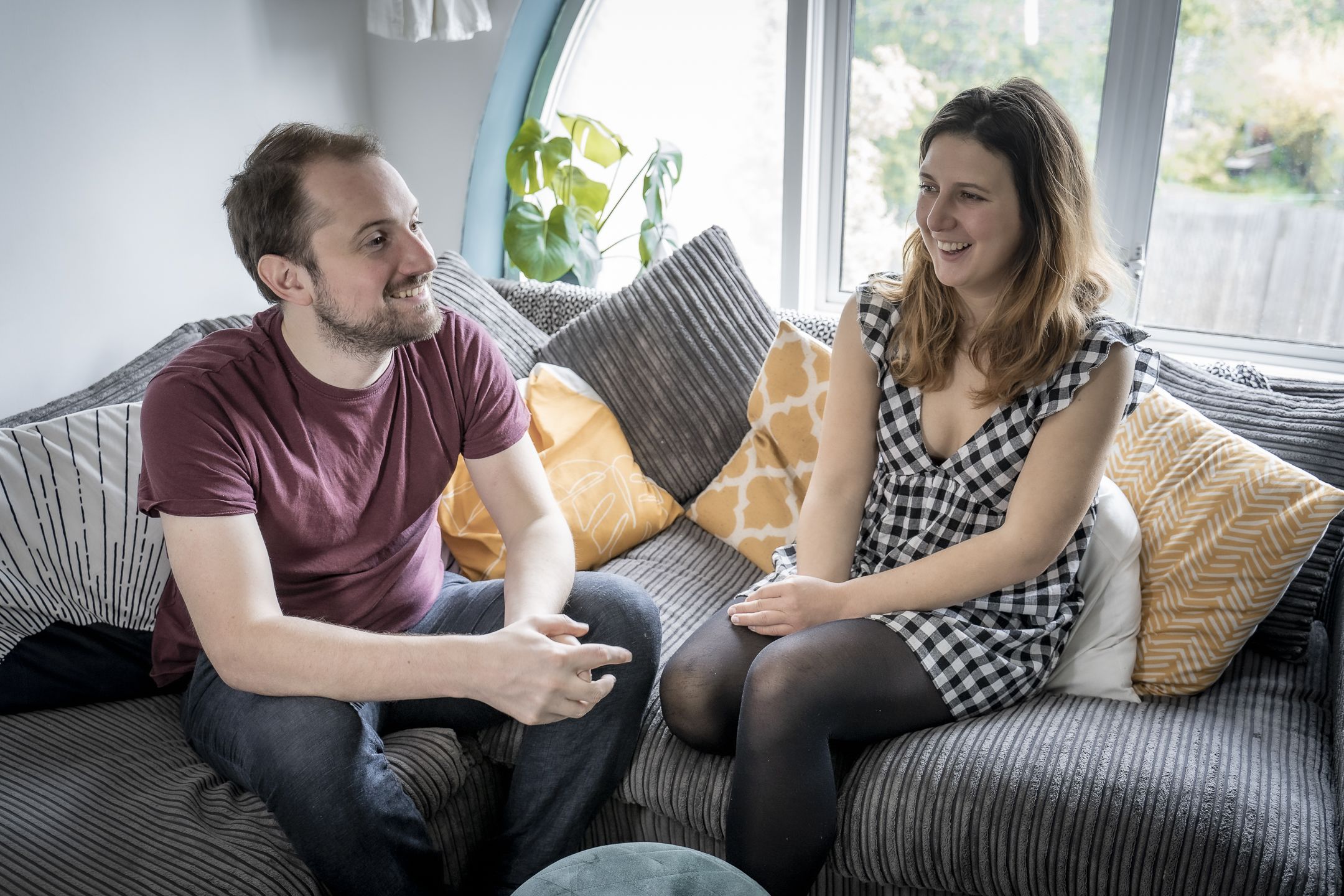

"We’re not really doing this ironically anymore, are we?”
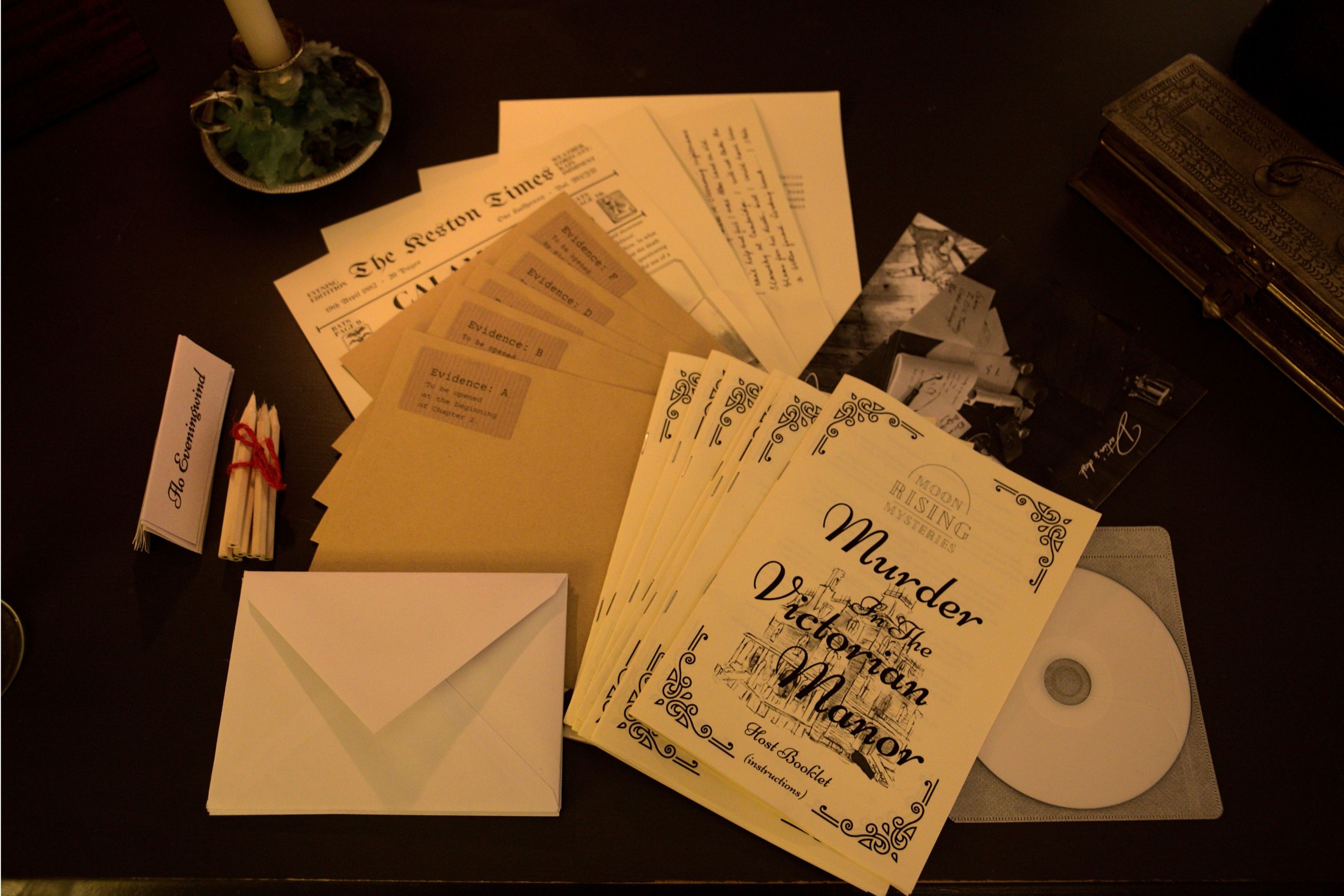
“Jim Dmitri, our olive farmer, thinks the land has a soul; that it is a living, breathing thing and that it should be treated as such.”
The genesis of Michael and Sarah’s olive oil start-up Citizens of Soil is found on a Greek ferry trip in 2006. Michael was a fresh-faced American backpacking in Europe when he met Maria, a gregarious landholder who grows olives and makes olive oil and comes from a strong lineage of olive oil farmers. Without much say in the matter, he was whisked to her farmstead on a hillside in Crete and showered with the splendours of Greek hospitality. Here Michael first sampled the olive oil, produced for just the small local market. It never occurred to Maria that there might be demand for her family produce in the homes of London.
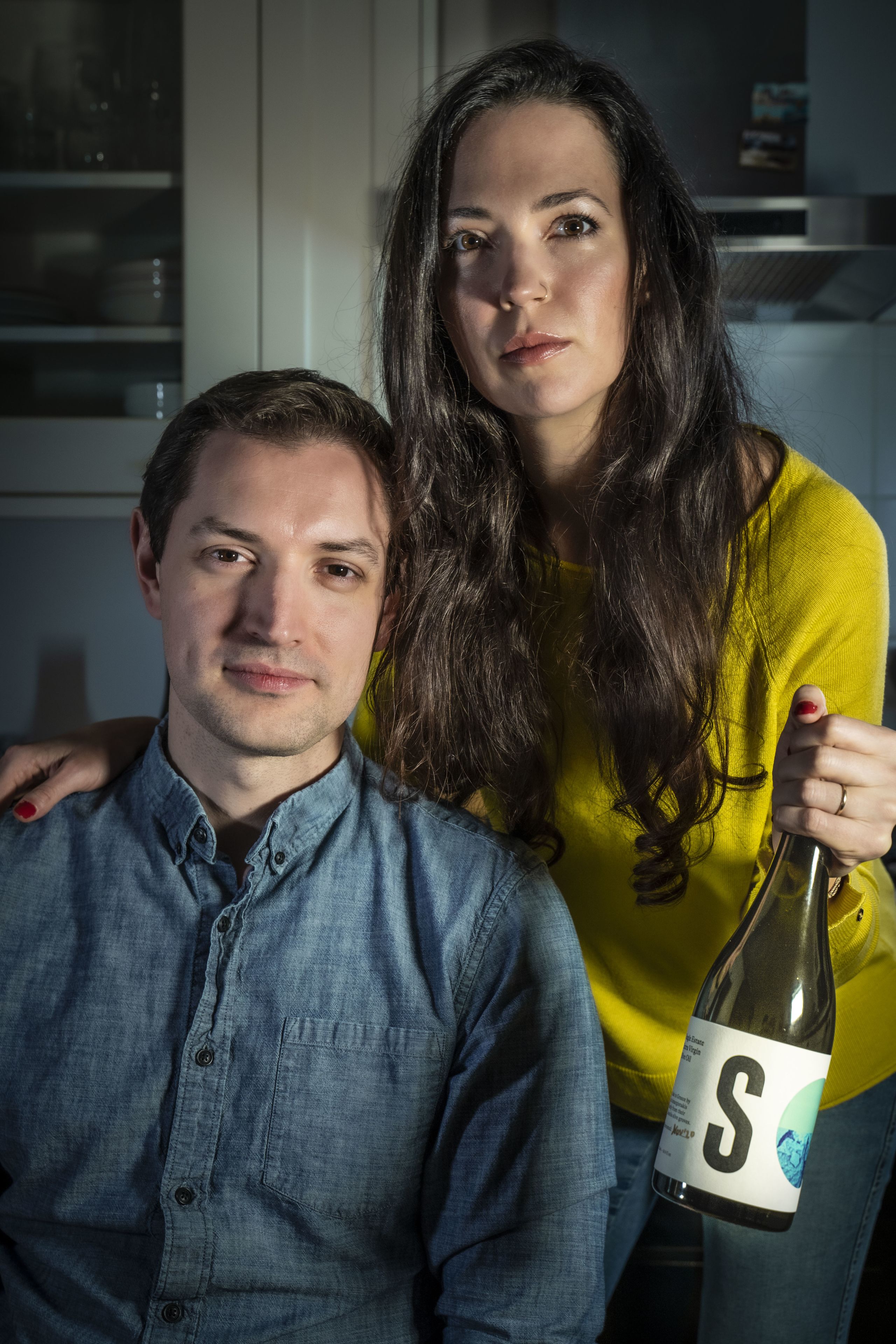
Fast-forward fourteen years; Michael from Washington DC has married Sarah from Texas and they are surrogate cousins to Maria and her husband Jim. Michael and Sarah quickly tired of lugging five-litre bottles of Maria’s olive oil between Greece and the UK after their frequent return visits. But they were unimpressed with the olive oil on the shelves of Britain’s supermarkets, where the produce of diverse suppliers and countries is often aggregated and blended together into one tank and labelled ‘Product of EU’.
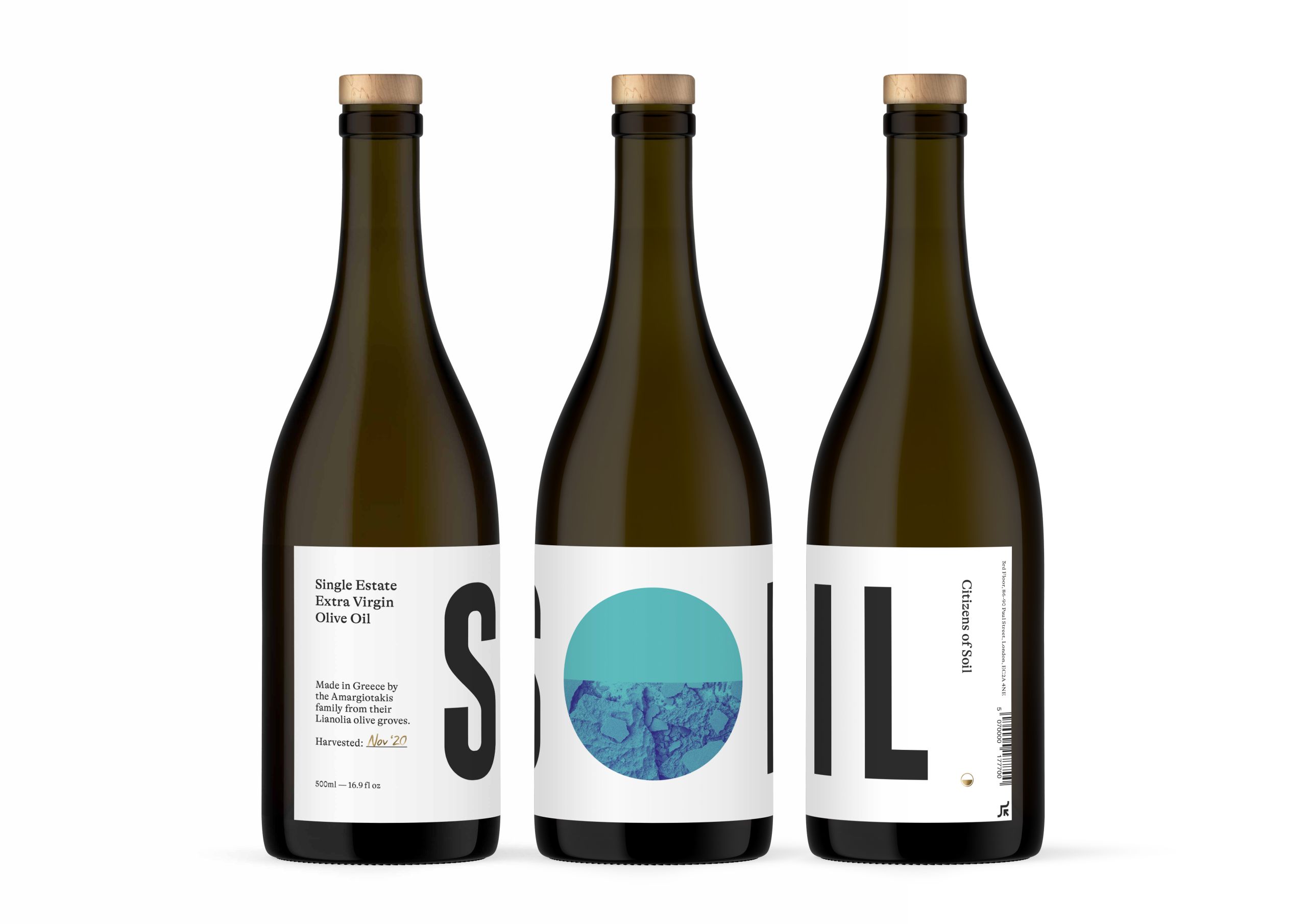
And yet, life had never presented them with a window of opportunity to pursue their dream of starting up an ethical and sustainable business importing Maria’s olive oil into the UK (and never have to lug another five litre jug through an airport again). Then a global pandemic struck and confined everyone to their homes.
The ethos of Citizens of Soil is that it is the earth and the soil that nurture and produce crops and plants and that each piece of land is unique.
"We learned so much about the impact of soil on flavour, on health and on the environment," Sarah said.
Michael added: "Different olives from different places - different climates, different soil, different water; everything which goes into it creates a thing that is unique to that place."
As part of this ethos, Citizens of Soil work with small holders who employ regenerative agricultural practices and they donate 1% of sales to charities and organisations that work towards restoring the health of the soil and the land.
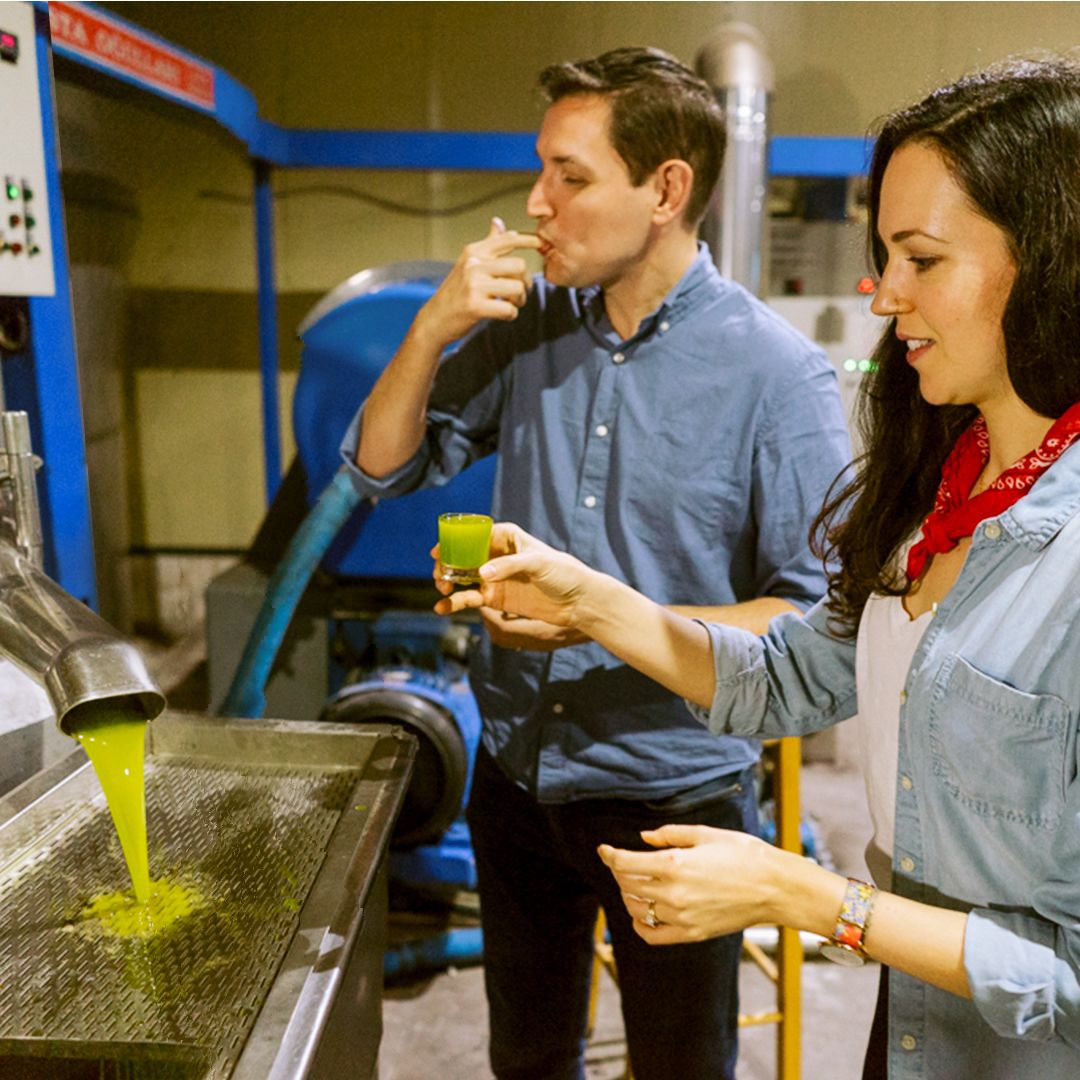
Although it remains to be seen what impact Citizens of Soil will have on the life of Maria and her family in Crete, her hopes are high.
"Among people who produce olive oil, they all say that what we make is not appreciated accordingly," Maria declared.
"But I think the way that it has been appreciated so far in the UK makes us very optimistic for the future. Me and Jim we both feel proud of that. Because it's a very high quality product being appreciated accordingly."
www.citizensofsoil.com
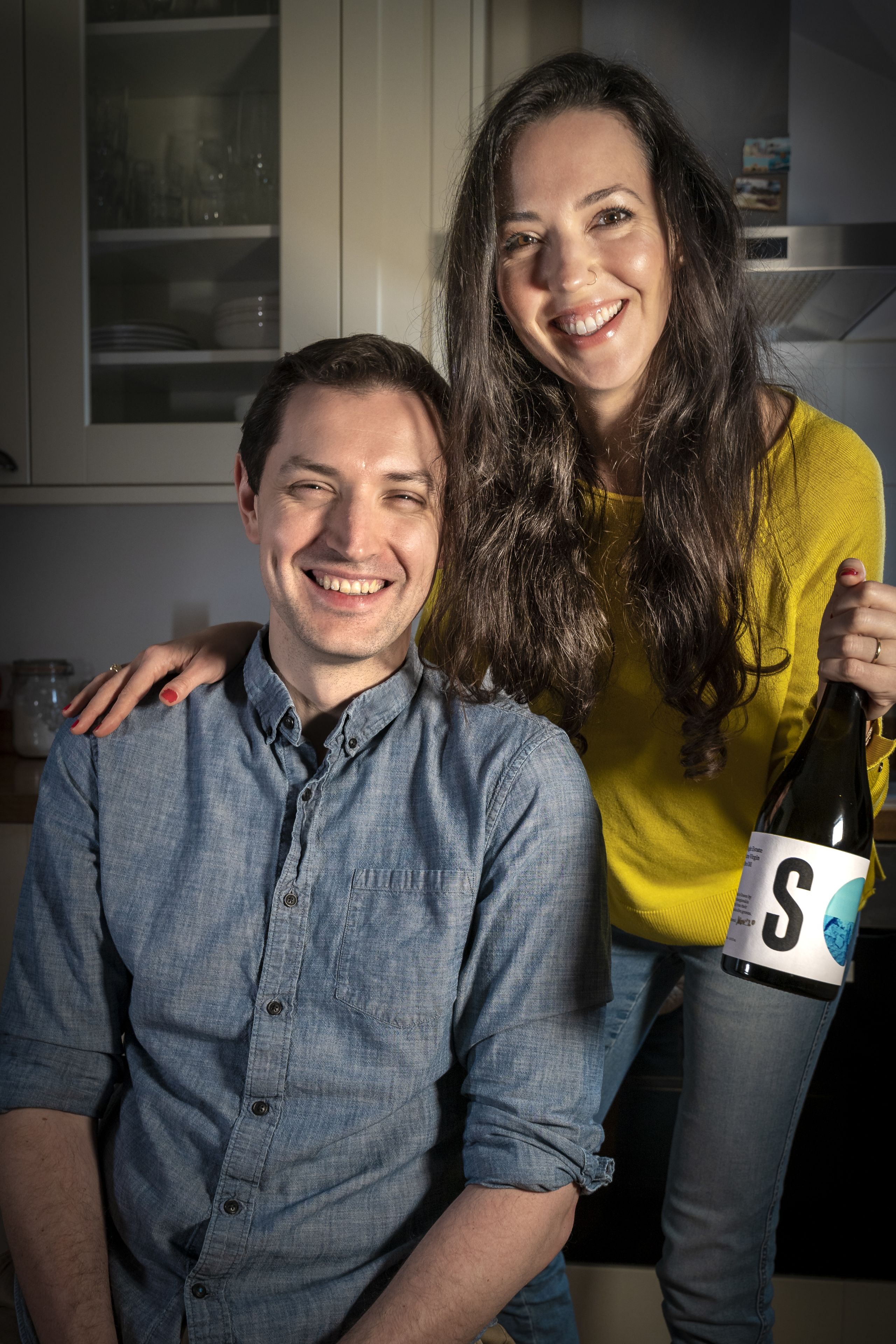
“Subject matter:
The topic dealt with, or the topic or subject represented in a debate, exposition or work of art.”
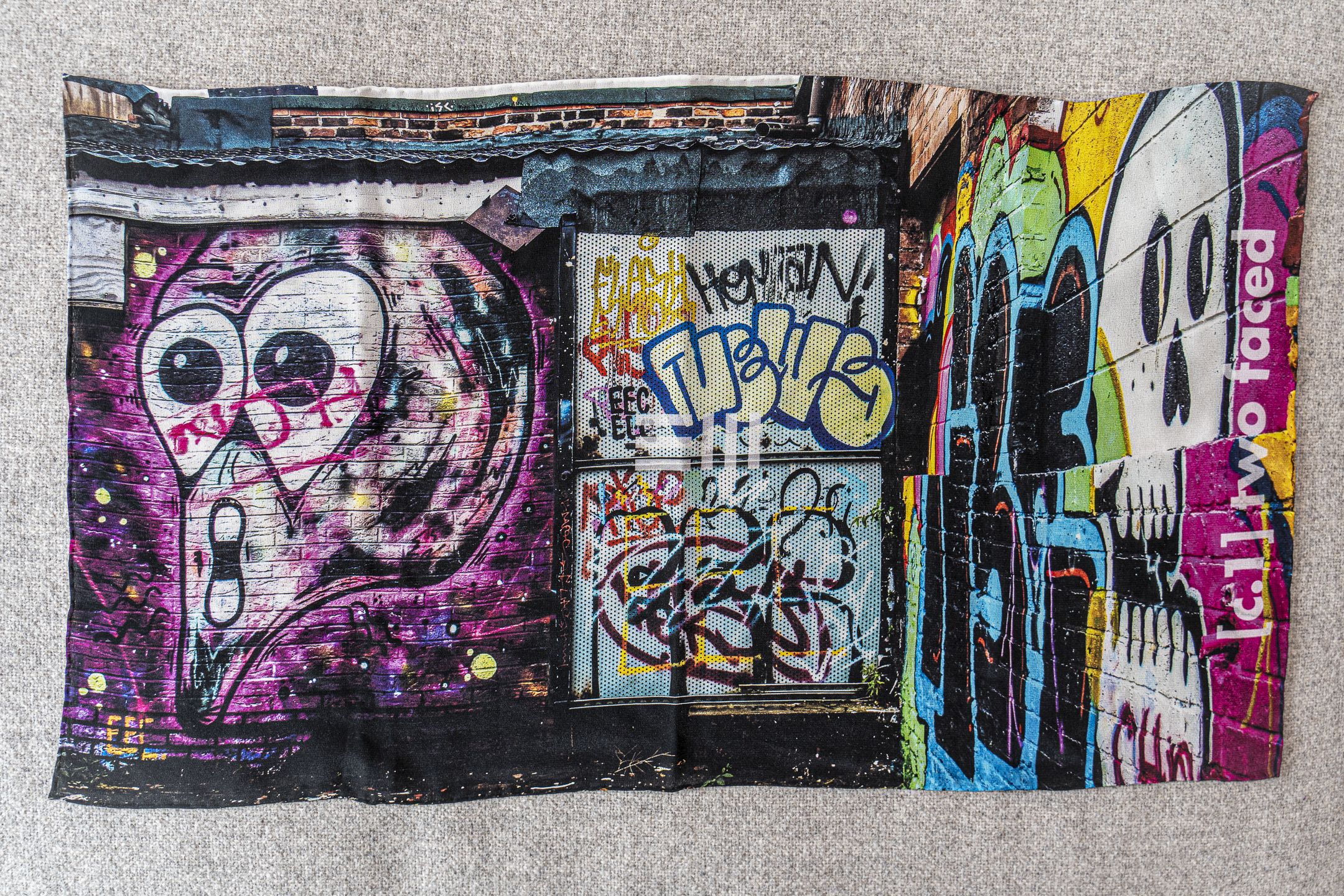
The first thing to know about Stephanie is that she is a wanderer. Born and raised in Lancashire she may be, but until returning to the UK a couple of years ago, she had lived in the Philippines and Australia, and her wanderings had taken her from India to Iceland, Cambodia and further horizons.
The poignancy for the world nomad is that there is no one who knows their journey, nor sees what they see. Stephanie managed to capture much of what she saw on her travels with her camera, developing her own distinctive style of street photography along the way. Finally, with lockdown falling across the globe and a sabbatical from her work as an architect due, she started Subject Matter, reproducing her photography in the form of scarves.
The business launched off on a wave of crowdfunding as family, friends and old acquaintances from school and university that Stephanie had not heard from in years came through with donations. Copywriters, graphic designers and art directors came on board and the project took shape. The ultimate dream is to maintain a creative business that sets her free from the constraints of the wage-slave London life and returns her to her natural state; wondering what might be over the next horizon.
"I've never not been in a job with a salary. I want to travel more and be flexible. I don't want to be in a job that ties me to one place or one country."
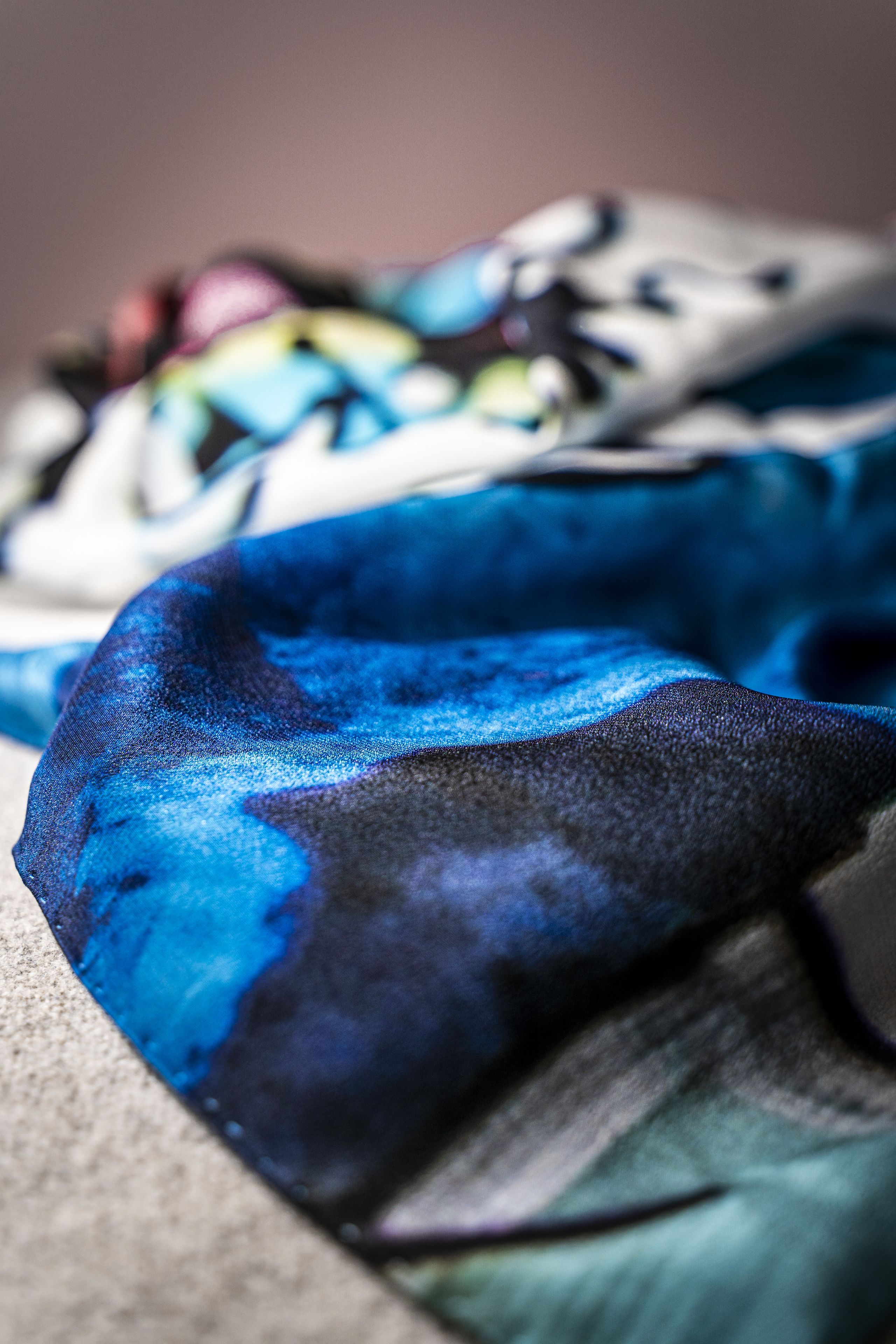
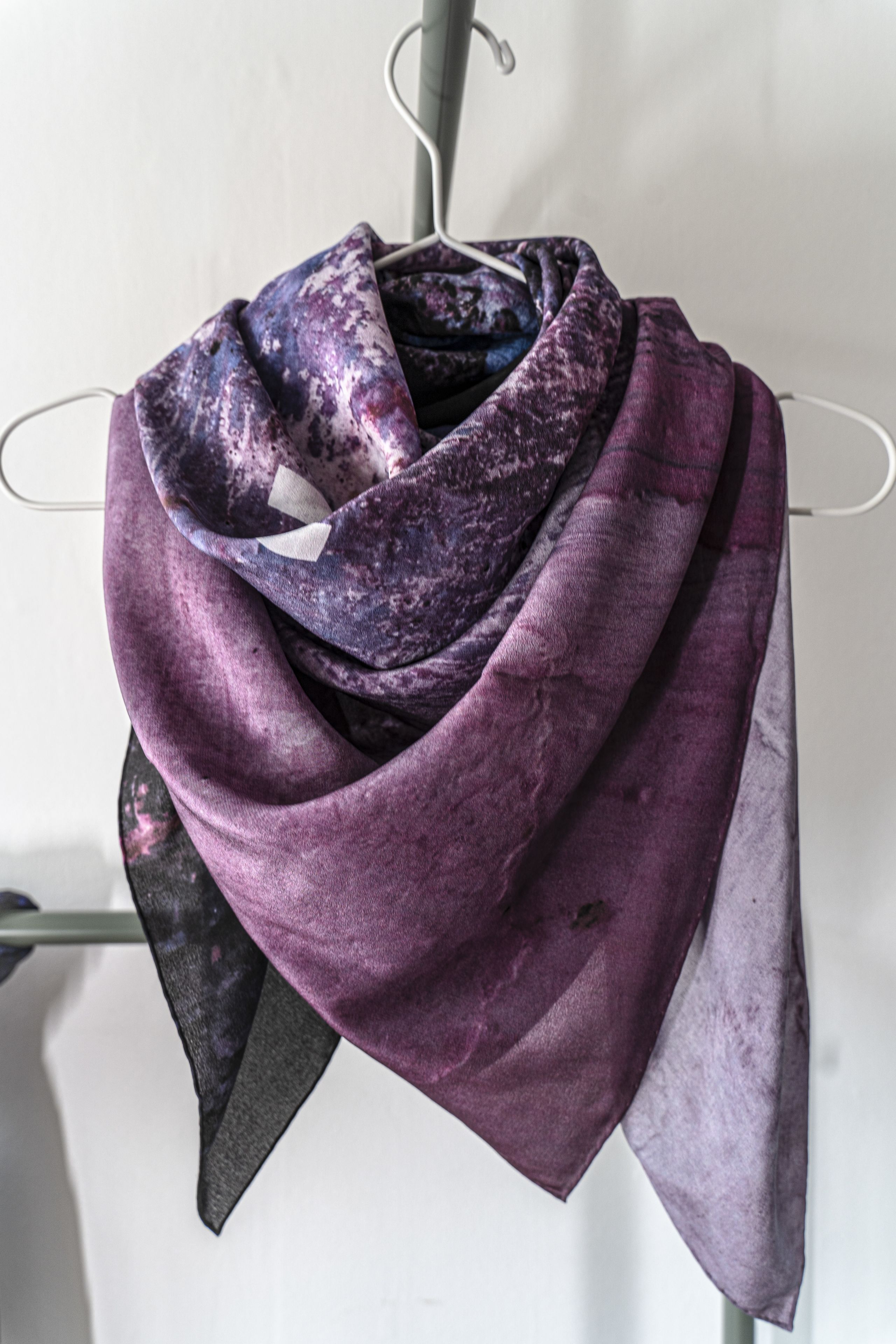
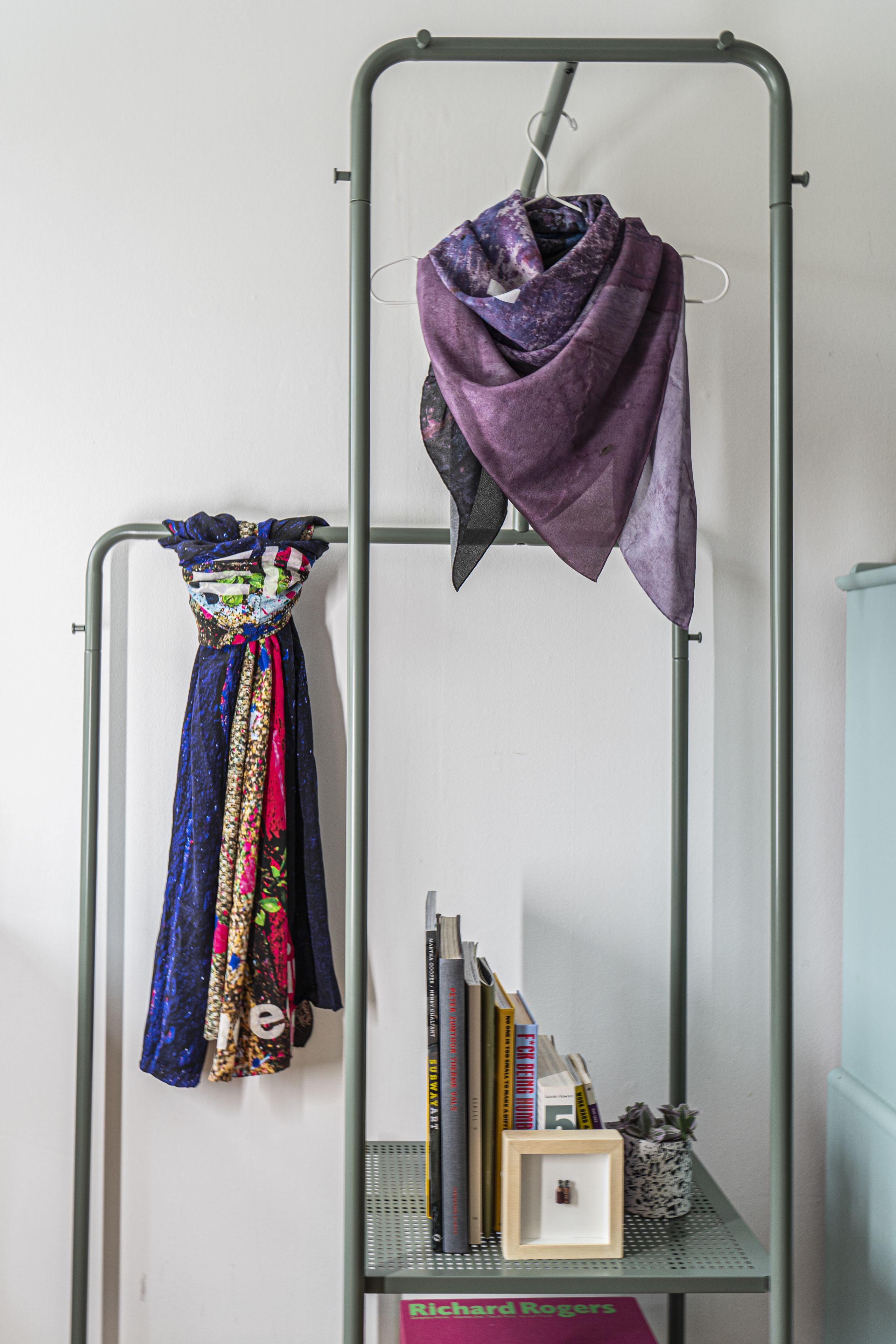
"Each scarf is a photo from my travels,
and there's a little story with them, each one of my exploits."

Like all creative business start-ups, Stephanie had to find the confidence in herself as a fashion designer and as an entrepreneur. It was the process of selecting the materials for the scarves and choosing the packaging and the work of her team and finally seeing the first scarf printed that made her vision all come together.
The biggest challenge of it all? "Being in my own head. I was an associate at my old architectural practice running a team, and I had my directors above me. And you're forever talking to your team and checking their work, or talking with a client.
"All that went. And then suddenly it was just me.
"I'm not looking to make millions of pounds. I just want to be able to do what I want. I want my son to grow up to be open and understand that there are other cultures. I feel broad horizons are very important."
https://www.subjectmatter.co/
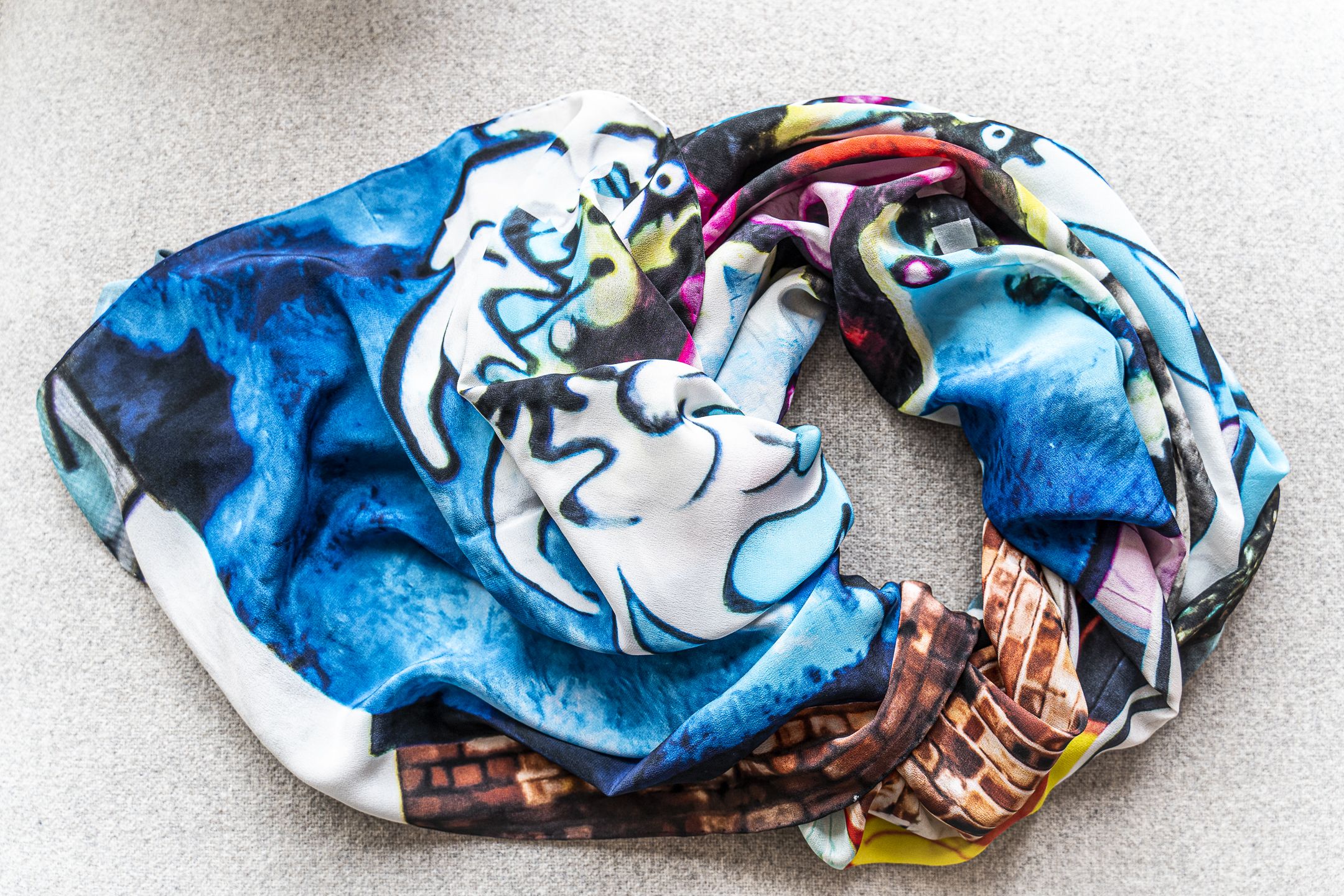
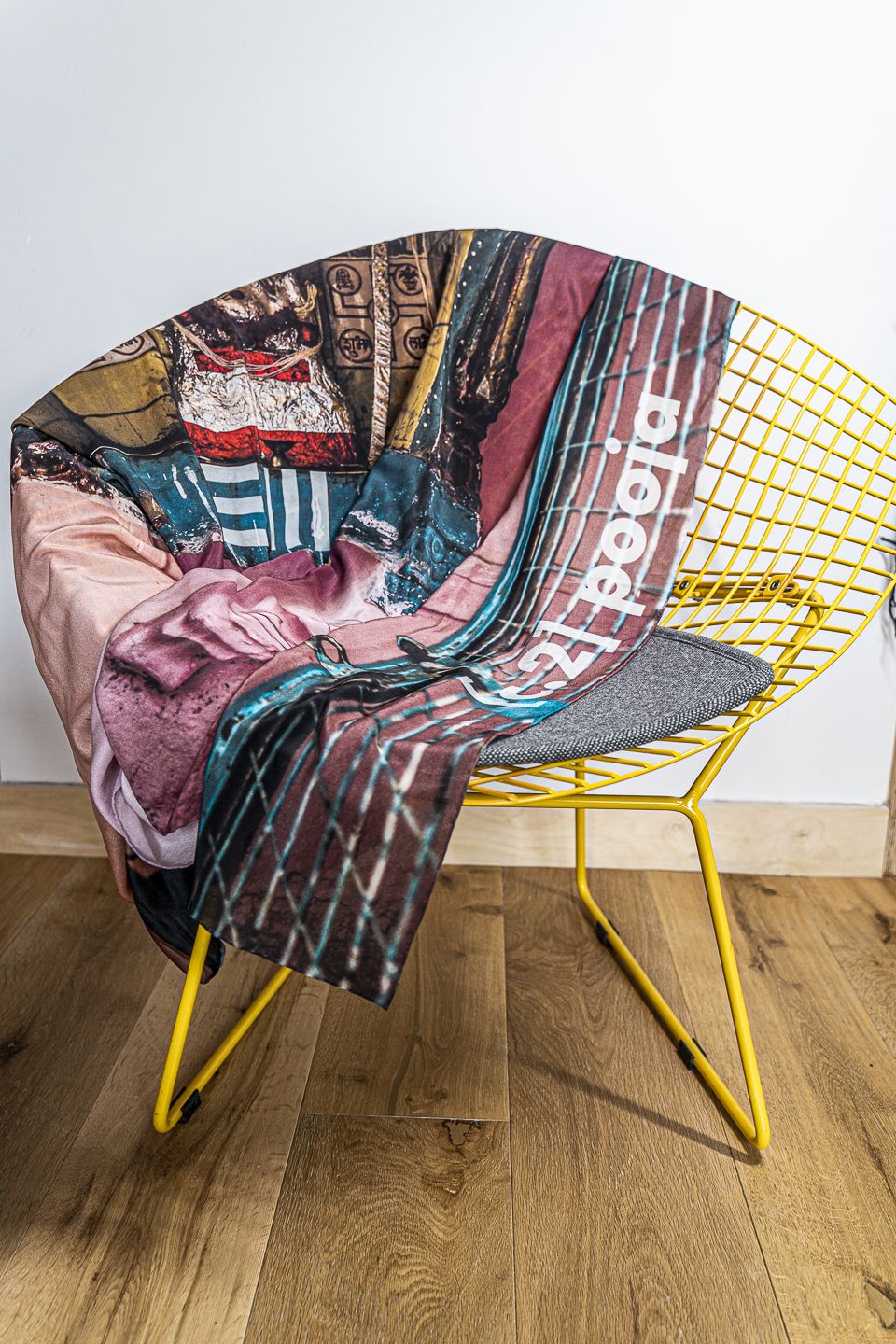
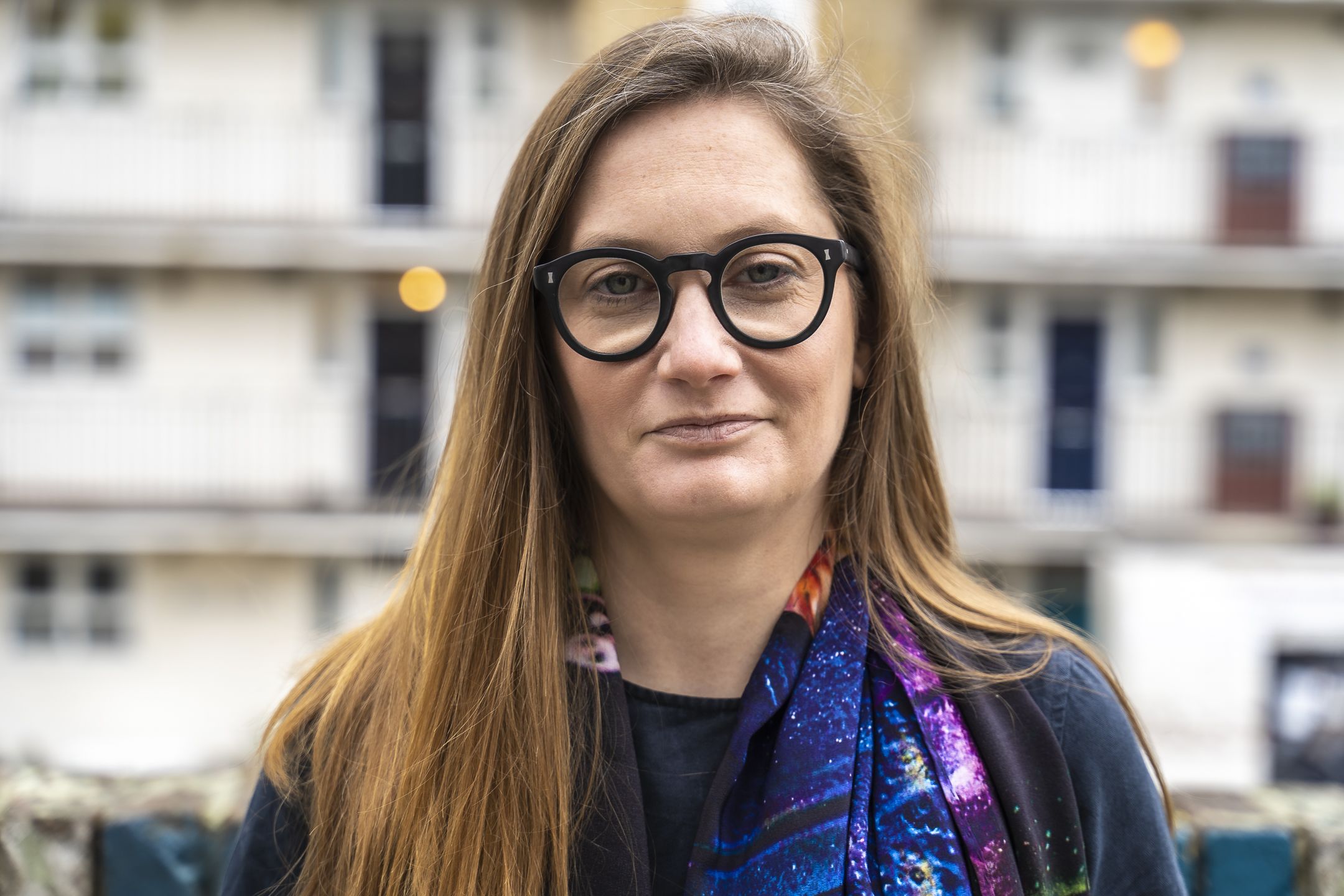
"We put some ads in the local sites for people to bring their empty wine bottles - we won't judge anyone.
And the response was staggering."

Steve sensed the ill winds blowing our way sooner than most. A professional saxophone player who had passed the last thirty years touring and performing with such luminaries as Madness and Noel Gallagher, his livelihood revolved around live events and travelling.
"I had a series of phone calls and messages saying, don't go to the airport. I think I was supposed to go to Dubai or somewhere the following morning," he recalled of the early days, before European governments started locking down their countries.
"And then the dominoes just started falling."
It was his wife's idea to take the broken bottles that he had been idly cutting into undefined shapes with a glass cutter and fill them with wax. The bass player from Madness did the designs, Steve dreamed up the name 'Burning Soul', and suddenly he was making and selling hundreds and then thousands of candles made entirely from re-used wine or beer bottles.
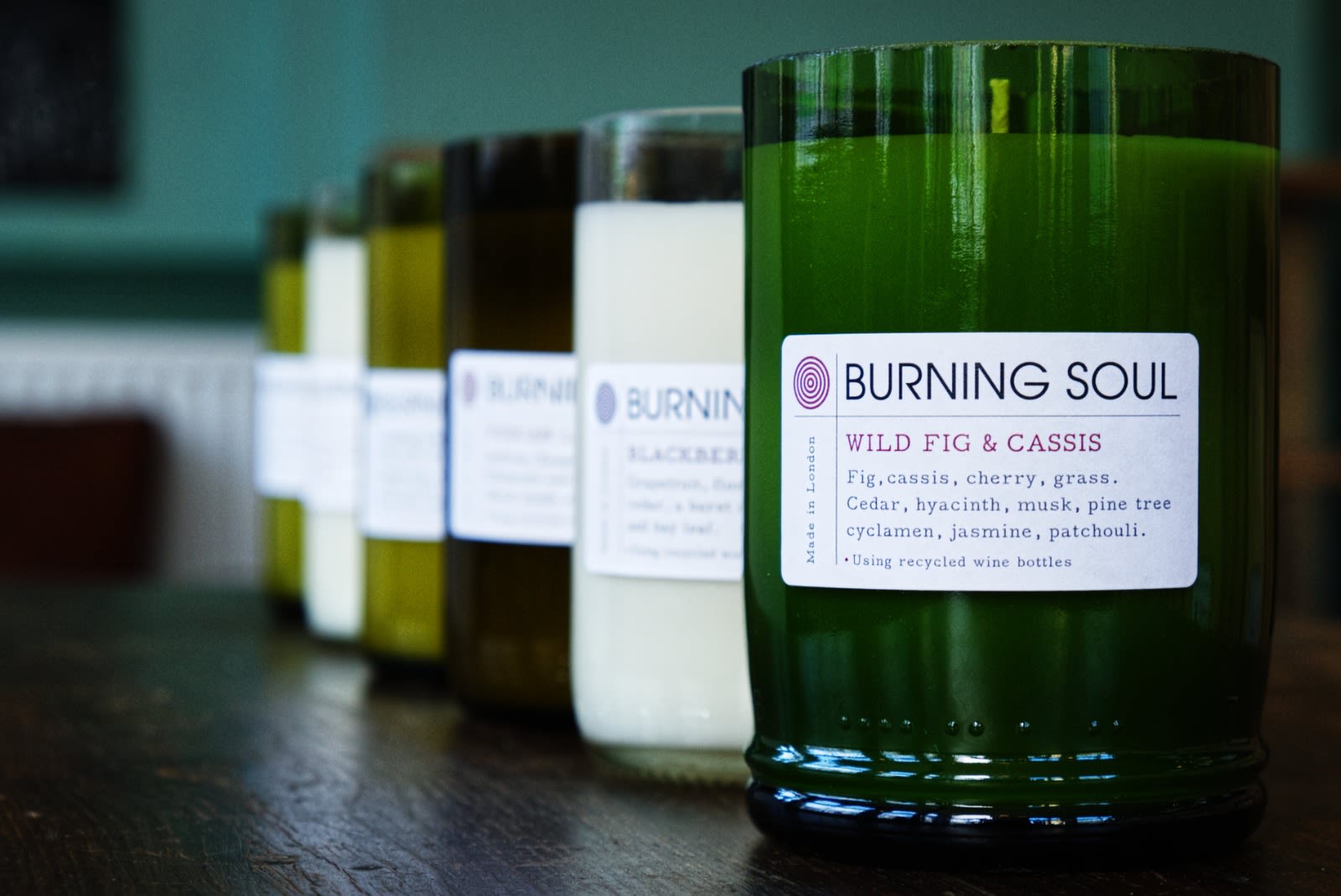
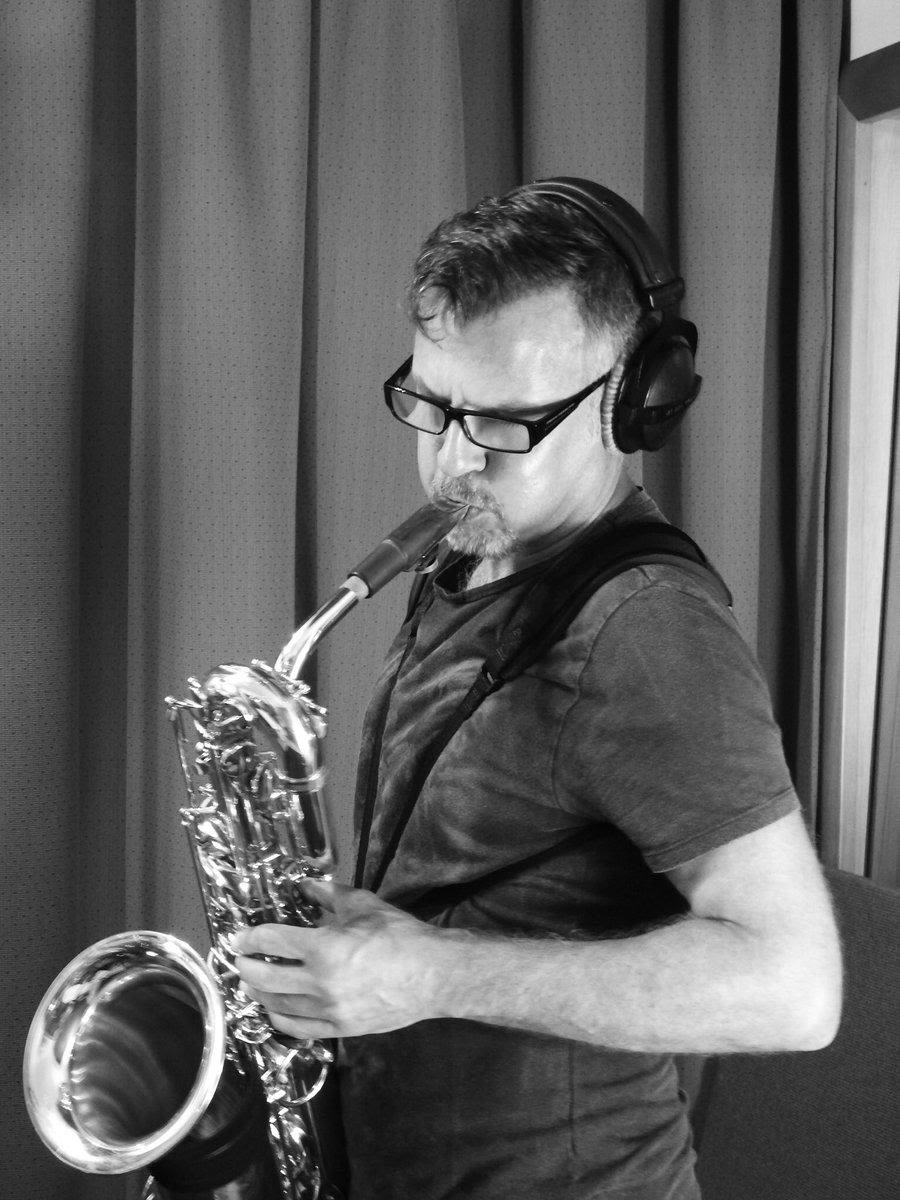
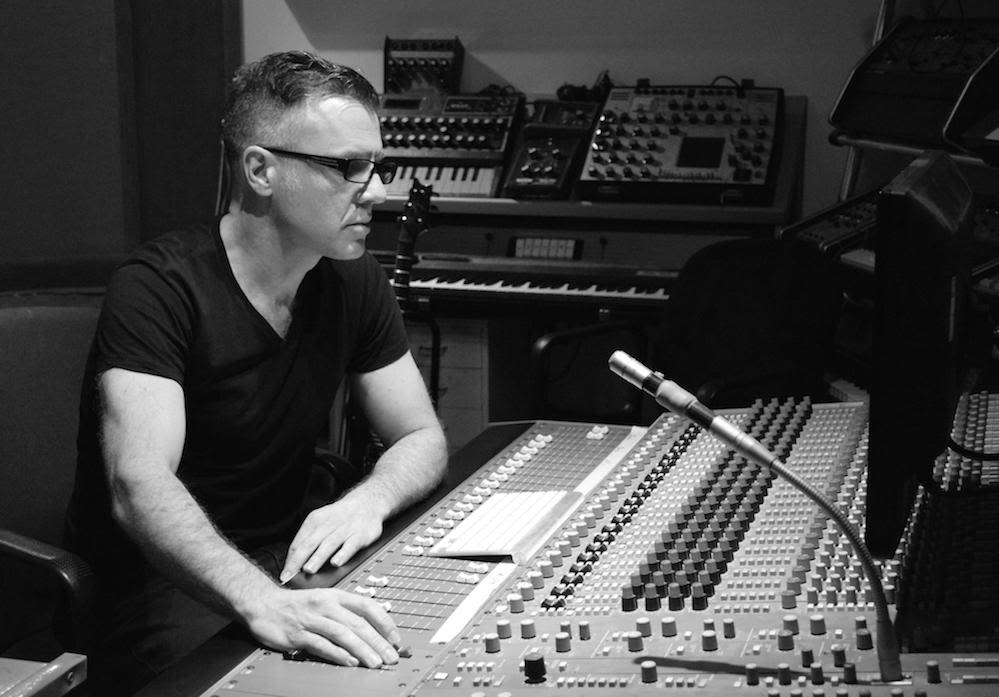
I didn't know what the hell I was doing. I had no idea. And you know, I was looking failure in its face.

When the Waverley Arms - which had been supplying Steve with empty bottles - closed down, he put an advert in local groups asking for neighbours to bring their bottles round and leave them in his front garden.
"If anything can tell you the nature of your community," Steve laughs. "We had literally thousands of bottles everywhere. I couldn't cope. I had to say, hold on guys, please."
But it still took four months for Steve to learn and master the skill of turning used wine bottles into high quality scented candles. And like all business ventures it was a process that he did not know if it would pay off.
"You lose your confidence when your career is suddenly on pause, which I've never had before in my life. Your self esteem goes down the plug.
"And I'd talked about this venture a lot. So you think, well, the last thing I need right now mentally is to have the failure of a new business on my hands."
But Steve's candles have proved to be incredibly popular. The proof is in the sales numbers, the six shops stocking the candles and the repeat customers.
"I felt massive relief; that something I put a lot of effort into was beginning to pay off and that people were loving the things that I was making."
"I went into a shop recently and saw a whole shelf full of my candles. They looked really great. And I thought, I made all of those. And, you know, I felt really proud of that."
https://www.burningsoullondon.co.uk/
